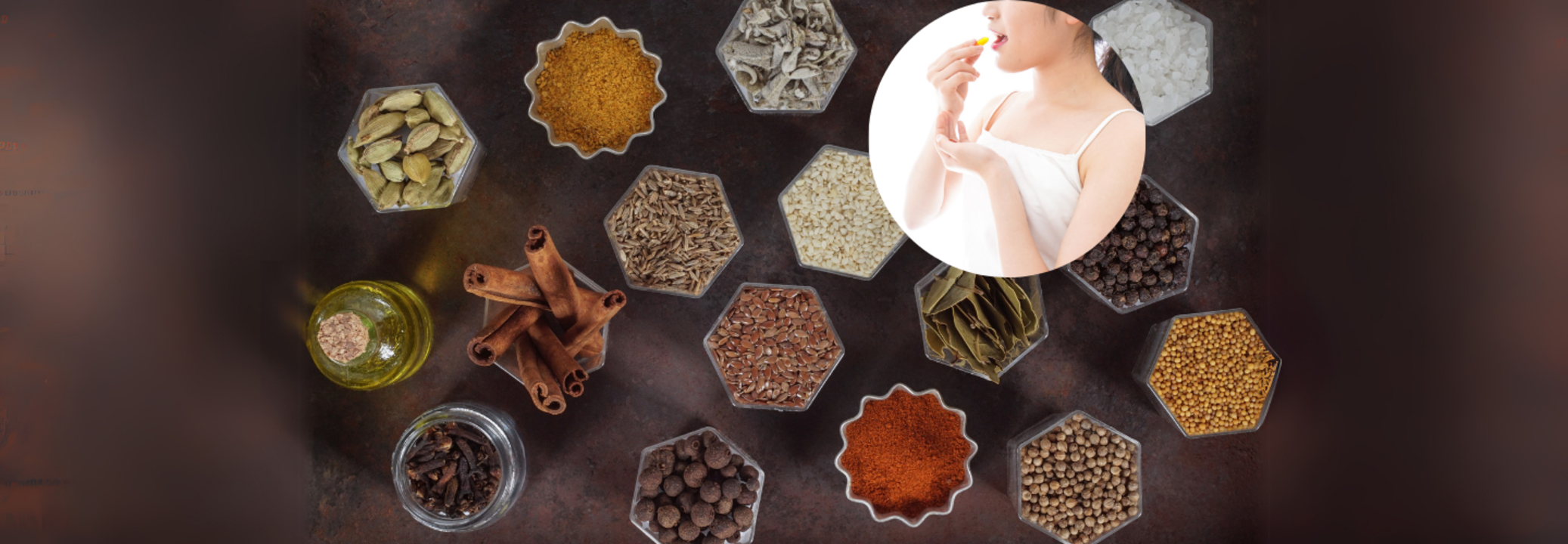Can Eating Too Much Ginger, Cloves, Cinnamon Or Turmeric Interfere With Your Daily Medication?

SummaryExcessive consumption of spices like ginger, garlic, and turmeric can interfere with medications such as blood thinners, diabetes drugs, and heart medications, increasing risks like bleeding, liver damage, and digestive issues.
End of Article
